Goverment resuscitates Gwanda’s largest irrigation scheme
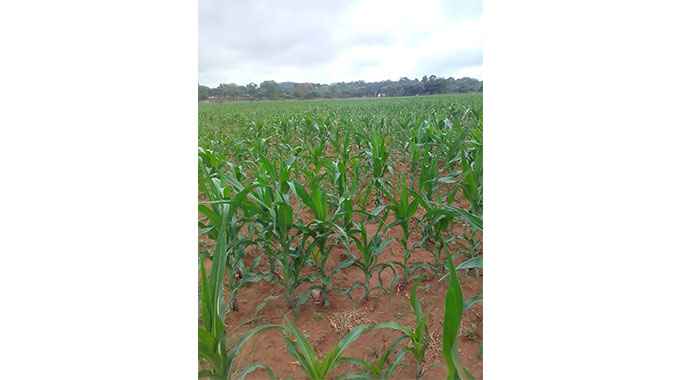
Sukulwenkosi Dube-Matutu, Matabeleland South Bureau Chief
GOVERNMENT has fulfilled its promise of reviving the 200 hectare Makwe Irrigation Scheme in Gwanda, ending villagers’ five years of despair following the upgrading of the venture at a cost of US$1 million.
Work to rehabilitate the scheme was completed last month and farmers have 33 hectares under maize, with planting of sugar beans expected to start early next month.
Government under the Small Holder Irrigation Revitilisation Programme (SIRP) awarded a tender to Forster Irrigation Company which is based in Bulawayo to the tune of US$1 million to rehabilitate the scheme.

Mr Louise Ncube
Government working with various partners is rehabilitating irrigation schemes that have been lying idle in Matabeleland South Province in order to improve food and nutrition security and ensure attainment of Vision 2030.
SIRP was launched in November 2017 to assist the revitalisation of irrigation schemes across the nation through rehabilitation of infrastructure. It is a Government led programme funded by International Fund for Agricultural Development (IFAD).
Work at Makwe Irrigation Scheme started in September last year with the contractor promising to have finished by end of last month.
Much to the relief of community members, the contractor was up to the task. The farmers planted their maize crop last month.
The communal irrigation scheme, which is the largest in the district, has been lying idle since 2017 after power supply was disrupted because of the theft of copper cables. Established in the 1960s, Makwe Irrigation Scheme was once the bread basket and major source of income for villagers in the area. The irrigation scheme which has 180 registered members is set to contribute significantly towards food and nutrition in the province.
It is targeting to have 400 members.
In an interview, Makwe Irrigation Scheme chairperson, Mr Louise Ncube, said the irrigation scheme has been divided into four blocks each with a seperate group of farmers.
“The contractor is done and now we have started producing. We have 33 hectares under maize out of a targeted 60 hectares. We were able to plant only this area for starters because the contractor was still busy. Next month, we will plant sugar beans in another block, then we will introduce vegetables in another block and then in April we will plant wheat. So far we have 180 members but we are expecting more. This time around we will follow a coordinated approach in planting to help boost our production,” he said.
“We used to operate as individuals and each member had a portion of land where they would plant a crop of their choice. You would find maize, sugar beans, vegetables, onions in one block. Now we know that crops require different amounts of water and they don’t behave the same hence you can’t just mix them.”

Ms Nothando Nyathi
Mr Ncube said the upgraded water system which they now have at the irrigation scheme will boost production, especially if they have undisrupted water supply.
He, however, said extensive load shedding makes it difficult to pump adequate water into the night storage tank that stores water drawn from Makwe Dam for watering crops.
Makwe Irrigation Scheme member Ms Nothando Nyathi said seeing their irrigation scheme in this state has brought relief to many households. She said she was eager to contribute towards the success of the scheme.

Agritex
“We have received valuable education on farming as a business from Agritex and as we resume the project we have a change of mindset. I understand that as a member of the scheme I have a significant role to play towards its success. This scheme is a source of livelihood for us as members and it’s also a food source for many other people. We have to contribute our fair share towards feeding the community through supplying GMB as holders of this land. Government has invested in us and we must deliver,” she said.
Matabeleland South acting provincial irrigation engineer, Mr Sheperd Mpotegwa said there are plans to ensure that 60 hectares of the irrigation scheme is watered through a centre pivot while the remainder will utilize water from the storage tank.
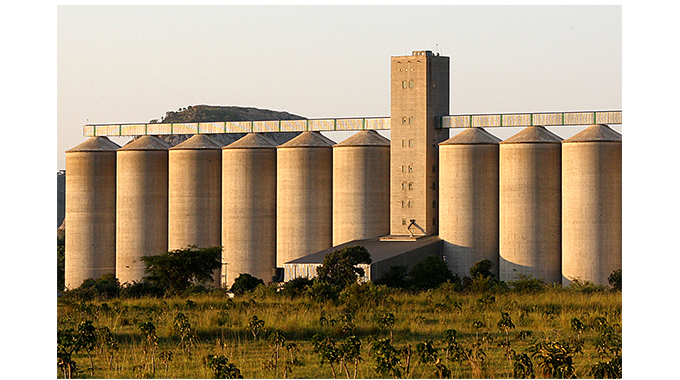
Grain Marketing Board (GMB)
He said Zesa has to install a meter between the centre pivot and transformer and efforts are underway to have the power utility expedite the process. Mr Mpotegwa said once connected, the centre pivot will be aligned and tested and the farmers will be taught how to operate it.
Under the Second Republic, Government is prioritising the revival of the agricultural sector through the development of irrigation schemes to alleviate food insecurity and poverty particularly in rural communities.
A number of schemes that had been lying idle in the province have been revived while some that were being underutilised have been capacitated and expanded. Investors, through partnership with local farmers, have also assisted with resources and equipment to enhance underutilised irrigations.
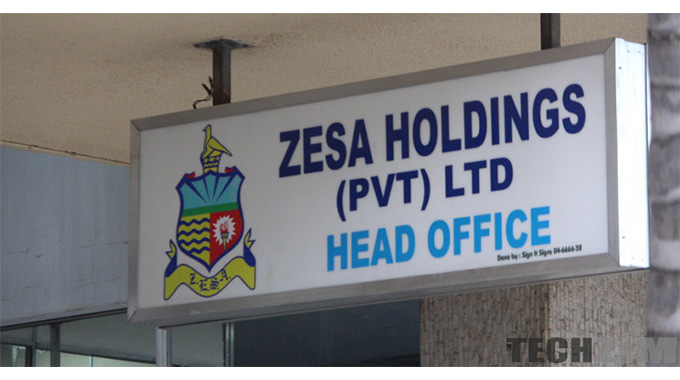
Zesa
Matabeleland South Province falls under Region 4 and 5 where dry land cropping is a major challenge because of poor rains.
This has made it difficult for farmers to engage in successful crop production. The province is, however, endowed with abundant underutilised water resources and good soils with vast potential for cropping under irrigation.
@DubeMatutu
·

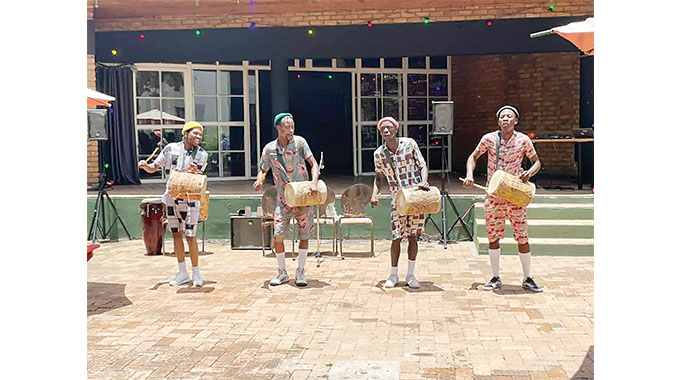
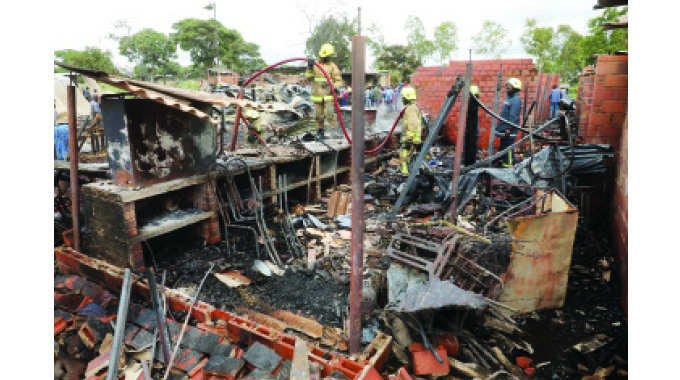


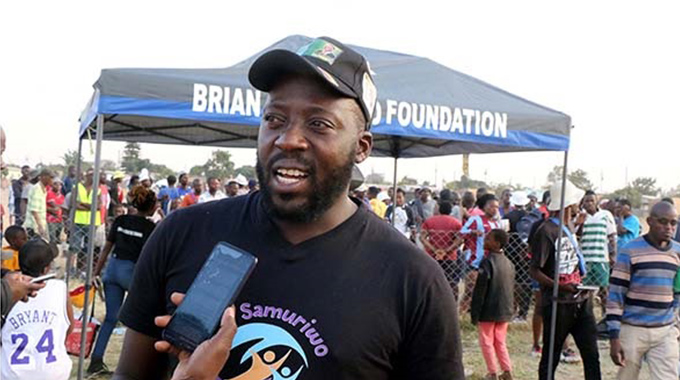






Comments